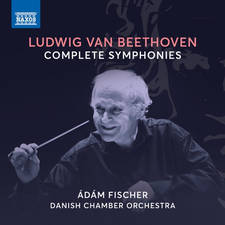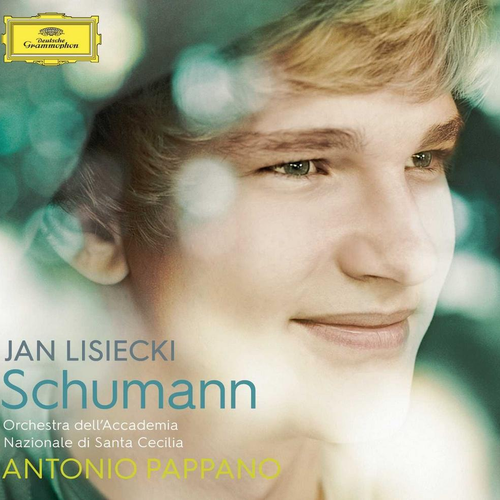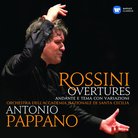From The Back Desk - David Romano, Orchestra Accademia Nazionale di Santa Cecilia
15 July 2013, 12:10 | Updated: 15 July 2013, 12:30
Violinist with the Orchestra Accademia Nazionale di Santa Cecilia, David Romano, tells us about bewitching the audience and why a pair of military boots got him stopped in the street...
Name: David Romano
Instrument: Violin - Second violin section leader
Ensemble: Orchestra dell'Accademia Nazionale di Santa Cecilia
Why did you decide to become a musician?
You might call it a family choice. My mother is a pianist who taught at the the Conservatorio San Pietro a Majella in Naples until a few years ago; my father - still to this day - the moment he wakes up in the morning, turns on the radio to listen to the classical music channel on RAI. You could say I was born into music and grew up with music. What is more funny is that I chose the violin. With my pianist mother, perhaps it would have been natural to embrace the instrument we had in our house, the piano which I sat underneath playing toy soldiers as a little boy, while my mother spent hours on the piano. But no! I remember to this day the afternoon when I asked my mother, out of nowhere, to ask her friend to teach me to play the violin, because the sound of the violin gave me goose-pimples and it is still does today. For as long as it stays like this, this will be the right choice.
What's the one performance from your career that sticks in your mind?
My first concert at the Musikverein in 2007 for Mahler's Symphony No. 1 with Maestro Pappano. Nothing comes close to matching that emotion!
What's the most embarrassing thing that's happened to you on stage?
One evening I arrived for a concert and I realised I didn't have my smart shoes for the performance. I have such large feet - size 46 - and none of my colleagues could lend me a pair. So I had to go to the concert in my military boots, obviously not the style adept for a classical music performance, but it was better than being in socks! But then sitting in the orchestra, I felt hidden enough, so I thought that no-one had noticed anyway, until the next morning I met a lady in the street near my home who stopped me with, "oh, you were the violinist in the Accademia last night. You have the most fantastic shoes - very contemporary!" How charming!
If you could work with one musician, living or dead, who would it be and why?
Leonard Bernstein. I don't believe there would be another choice. Bernstein was an Honorary Conductor at the Accademia Nazionale di Santa Cecilia until his death, but unfortunately he didn't live long enough for me to make music with him. I should have been born earlier.
In concert, have you ever thought, "I can't actually play this bit very well, I'm going to mime and hope no-one notices"?
Often, I think that I won't be able to do something. At those moments, one's concentration is incredible and what seems to be impossible during rehearsals suddenly becomes magical in performance. The brain can overcome our own physical limitations.
Could you give us an example of the downside of the profession, something that the average concert-goer might not know about?
My free time never corresponds with anyone who isn't a musician. The work, the concerts, are always in the evening - everyone else's free time, time off for amusement and that includes my friends and family - so it's difficult to "harmonise" work with our loved ones.
Does the touring lifestyle bring out rock star behaviour in the orchestra?
I would say definitely not. Our timetable on tour is like being in a green house, often in a new city, all we manage to do is to see the room in the hotel and the concert hall and it is difficult after a concert which ends at 11 and a plane to catch the next morning at 10am to even get a chance to go round with the groupies! ;-)
Have you witnessed any serious diva strops in your time as a musician?
Times have changed and so have the divas. Professionalism and restricted timetables make things more serious and we work with some of the most incredible artists under every scenario.
What's the biggest challenge facing musicians like you these days?
To bewitch the audience. To transmit to a person seated in the stalls the emotion of the piece at its creation and to convey that freshness. Because without ears to listen to it, music is dead - only with that dialogue between musician and audience does it continue to live.
What's the best thing about being a musician?
Speaking a universal language. To be able to communicate without any barriers, just simply conveying raw emotions, feelings and desires in sound and silence. Like an actor possessed but without the limits of words.
It's Santa Cecilia week on Classic FM, with a week of special concerts on The Full Works Concert with Jane Jones - discover more here.



